For instance, during the past crises, the URA's private residential property price index fell by as much as 37 per cent during the Asian Financial Crisis but rebounded by 40 per cent within six quarters. Prices are often sticky on the way down as owners hold on to asking prices until volume has dropped significantly over a period of time. On the contrary, the rebound can be swift.
Location. The tenet for buying property has not changed - location - but with a new perspective. Where location was previously confined to the prime districts, the concept of location has evolved. Although a prime location remains desirable, lifestyle amenities - for example, proximity to the riverside or F&B amenities have also come to the fore as convenience becomes the new currency.
Following the pandemic, the pace of decentralisation of business activities, supported by a wider variety of amenities, will gain momentum as more companies adopt a hub-and-spoke model with headquarters in the CBD and branch offices in decentralised locations.
Accessibility & connectivity. Singapore has become more accessible as the MRT and bus networks and neighbouring amenities continue to expand, supported by alternative modes of transport. By 2040, Singapore will be a 45-Minute City with 20-Minute Towns. All journeys to the nearest neighbourhood centre - whether by walking, cycling or riding - will take less than 20 minutes. Some nine in 10 of these peak-hour trips will be completed within 45 minutes.
Jobs will also be closer to homes as business activities continue to decentralise. This will make living away from the city centre increasingly attractive. As MRT stations become more prevalent, properties near interchange stations will command a premium as accessibility and connectivity in terms of time (instead of physical distance) become the criteria for decision-making.
Find out why is the residential market in Singapore so resilient in spite of the COVID pandemic by reading the news analysis article here.
Neighbourhoods near learning institutes such as universities often command a premium as they anchor a cluster of knowledge-driven businesses that will in turn catalyse other activities. The presence of an institute of higher learning will also have a positive impact on the profile of the residents and amenities.
Park connectors, parks and nature reserves. Proximity to nature has a positive impact on our physical, mental and emotional health. Our 150-km Round-Island-Route which integrates with the park connectors, connects natural, cultural, historical and recreational sites, thereby creating myriad opportunities for a variety of recreational activities. More residents are exercising and taking to the outdoors. Meanwhile, Singapore's population is ageing. The current median age of 42.2 years is expected to increase to 53.4 years by 2050.
It is estimated that 12.4 per cent of our population in 2019 was 65 years and above and this will grow to 22.5 per cent in 2030 and 33.3 per cent in 2050. Even as seniors place more emphasis on outdoor activities, Covid-19 has also raised the awareness of health and wellness to a new level. As such, the demand for properties located near park connectors, parks and nature reserves will increase.
Health & wellness. This pandemic has made us rethink real estate including how space is to be used. Our homes have become our workplace, classroom, entertainment venue, exercise studio and playground. Going forward, we could find more households spending time at home.
The global trend towards a gig economy as well as more seniors working part-time is leading to a paradigm shift in the design of homes. For example, attention is now turned towards providing more light, cross ventilation, improving fresh air intake, views and creating dedicated or flexible space incorporating touchless design and technology to promote the well-being of those using the home for different activities. Indeed, the healthy building movement is gaining pace, as its role in public health becomes more apparent with practical designs that help communities lead healthy and active lifestyles both within and outside of our homes.
"I am confident the global economy, which is expected to fall into recession this year, and markets will continue to recover" says Singapore's property analyst Kiwi Lim from Huttons Asia who believes that the global economy is entering a multi-year recovery with some bumps along the way.
Private property prices increased 0.3% in 2nd Quarter of 2020 in spite of COVID pandemic. Read the news article here.
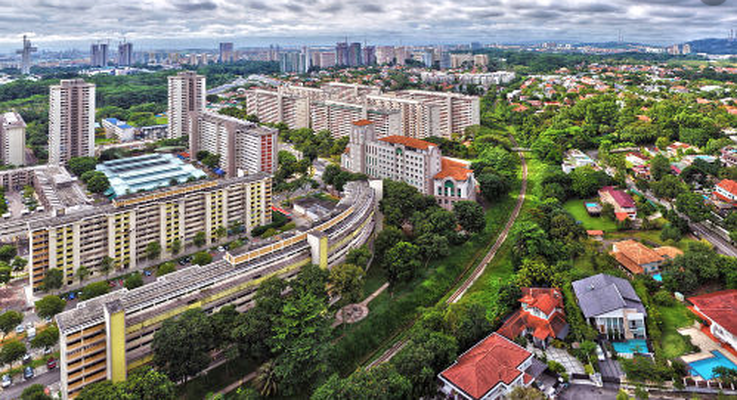
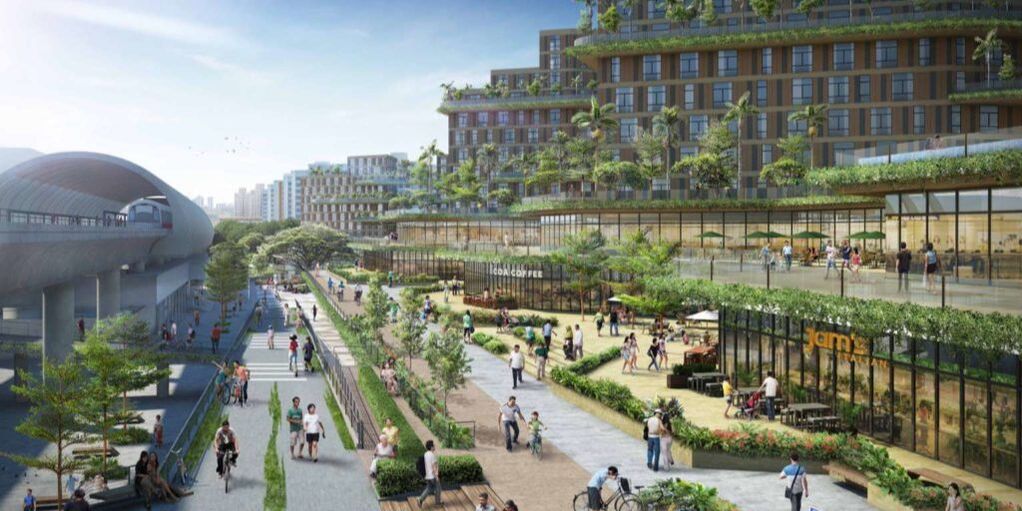
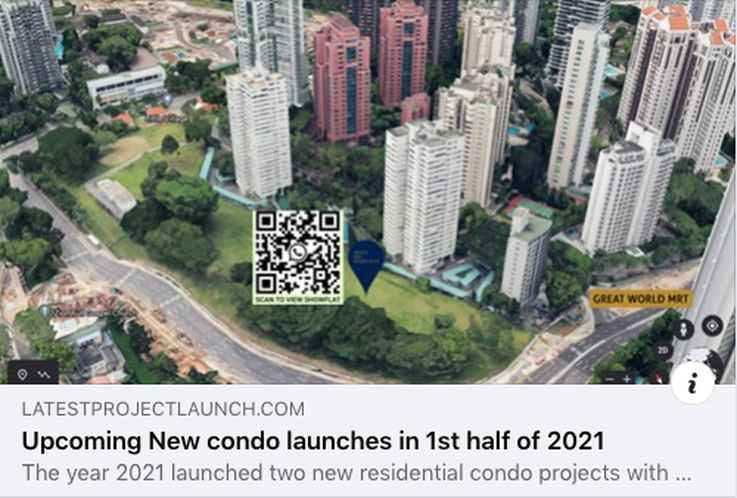
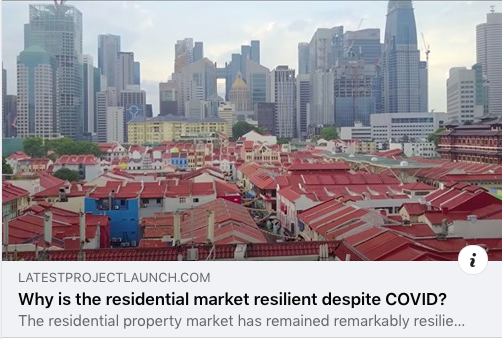
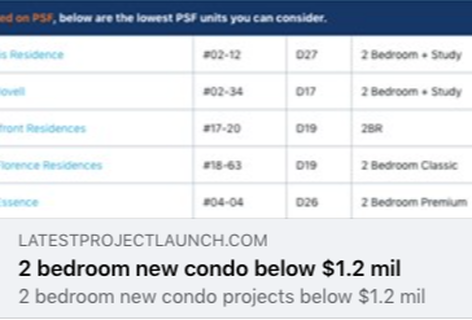



 RSS Feed
RSS Feed
